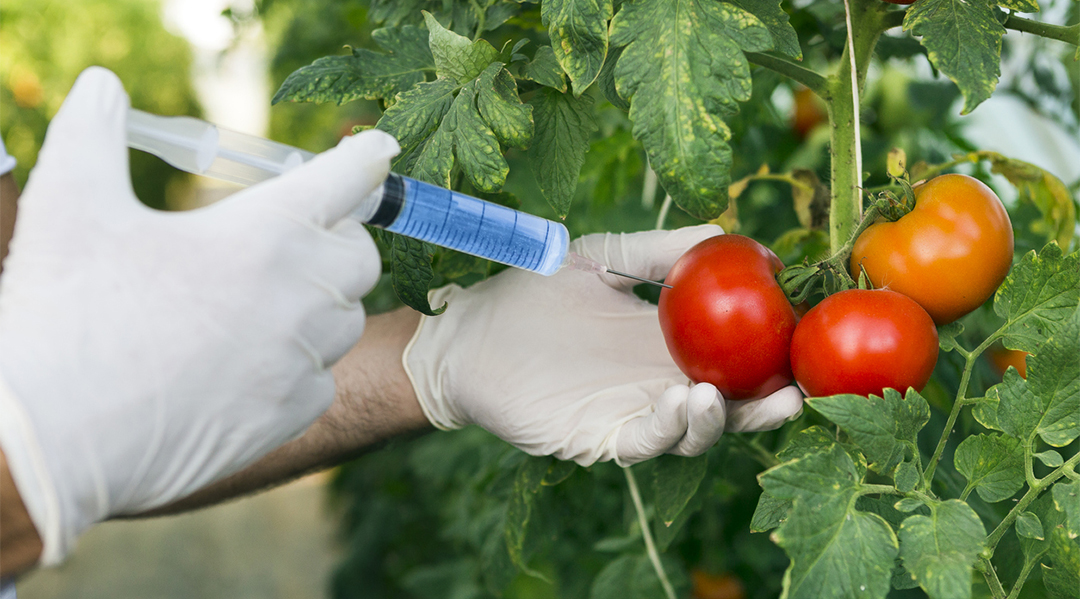MON88302 Canola Event Detection Testing
The MON88302 canola event is a specific genetically modified organism (GMO) that has been engineered to possess traits beneficial for agricultural productivity. This particular GMO was created by Monsanto, now part of Bayer CropScience, and has been approved in several countries around the world for commercial use.
MON88302 canola is designed with a combination of traits including herbicide tolerance (tolerant to glyphosate) and resistance to certain insects. These modifications are intended to enhance crop yield and protect plants from pests, ultimately increasing efficiency in farming practices.
In the context of agriculture and forestry testing, MON88302 canola event detection is crucial for ensuring compliance with regulatory requirements. Regulatory bodies such as the European Food Safety Authority (EFSA), U.S. Department of Agriculture (USDA), and others mandate rigorous testing to verify that seeds and crops contain these specific genetic modifications.
The process involves several key steps, including specimen preparation, where plant samples are collected from fields or other sources. These samples undergo DNA extraction followed by PCR-based methods for detection. The laboratory also employs real-time qPCR techniques which allow for highly accurate quantification of the MON88302 event presence.
Instrumentation plays a vital role in this process, with advanced equipment like real-time qPCR machines being used to analyze DNA samples. These instruments provide precise measurements that help determine whether the sample contains the desired genetic modifications. Reporting is done according to international standards such as ISO 17025 and IEC 61964.
Understanding the importance of MON88302 canola event detection goes beyond just regulatory compliance; it also contributes significantly to global food security by enabling farmers to make informed decisions about which seeds to plant. This leads to more efficient farming practices, reduced pesticide use, and ultimately healthier crops.
In addition to its direct impact on agriculture, MON88302 canola event detection supports broader sustainability goals through improved resource utilization and reduced environmental footprint. By ensuring that only the correct varieties are planted, farmers can optimize water usage, reduce chemical inputs, and minimize soil degradation—all critical factors in sustainable agricultural practices.
- Herbicide tolerance reduces the need for multiple applications of herbicides, leading to less runoff into water bodies.
- Insect resistance decreases reliance on synthetic pesticides, thereby protecting beneficial insects like pollinators.
- Crop yield improvements contribute to higher productivity per hectare, thus reducing pressure on additional land conversion.
Why It Matters
Detecting the MON88302 canola event is essential for several reasons. Firstly, it ensures compliance with international and national regulations regarding GMO labeling and traceability. Consumers have the right to know what they are consuming, especially when dealing with genetically modified foods.
Secondly, accurate identification of this specific genetic modification helps protect biodiversity by preventing unintended cross-pollination between non-GMO crops and those containing MON88302 traits. This maintains ecosystem balance and preserves the integrity of natural plant species.
Thirdly, monitoring for MON88302 compliance supports industry stakeholders in maintaining their reputation and market access. Non-compliance can lead to severe penalties and loss of trust among consumers who value transparency and ethical sourcing.
International Acceptance and Recognition
The MON88302 canola event has been approved for cultivation in various countries globally. In Europe, the European Food Safety Authority (EFSA) conducts thorough assessments before granting approval, which includes public consultation processes to ensure safety.
Other regions like Canada and the United States also have robust regulatory frameworks that evaluate GMOs based on scientific evidence. These evaluations consider both environmental impacts and human health aspects prior to any commercial release or importation into these markets.
The recognition of MON88302 canola event detection is further enhanced by international standards such as ISO 17025, which governs the competence of testing laboratories. Adherence to these standards ensures that results are reliable and consistent across different jurisdictions.
Moreover, organizations like the World Trade Organization (WTO) play a role in facilitating trade between countries with differing regulatory approaches towards GMOs. Clear guidelines provided by bodies like EFSA aid in harmonizing policies internationally, making it easier for products containing MON88302 canola to enter diverse markets.





